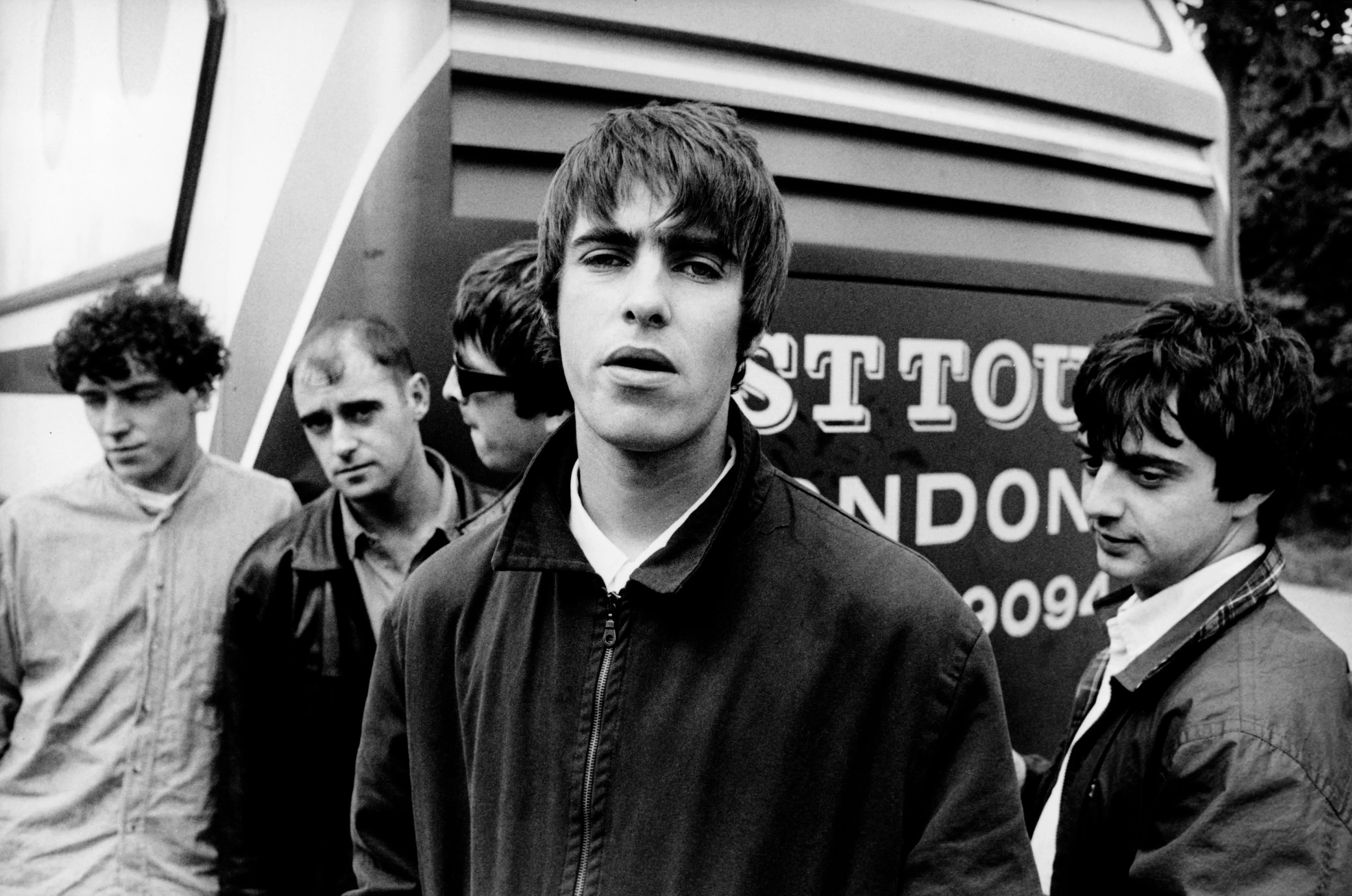Ticket Pricing Controversy Casts Shadow Over Oasis Reunion Excitement

The highly anticipated Oasis reunion has been marred by controversy as fans grapple with the impact of dynamic pricing on ticket sales. Fans who spent hours in virtual queues were dismayed to find ticket prices more than doubled from their advertised rates. This issue has sparked significant backlash and raised questions about fairness and transparency in ticket pricing.
John, an Oasis fan from Burnley, and his family were among those affected by the surge in ticket prices. Despite spending a total of six hours in the online queue, they were only able to secure tickets at £355 each, far above the initial £135 advertised price. John expressed his frustration, stating that the price increase felt like a betrayal of the band’s working-class roots and criticized the pricing strategy as unfair.
Dynamic pricing, which adjusts ticket costs based on demand, has drawn sharp criticism. Critics argue that it exploits fans by raising prices during high demand, leaving many feeling cheated after long waits. Nicholas from Macclesfield labeled it as “greed” and called for accountability from the band, while others questioned the extent of the Gallaghers’ awareness and involvement in the decision.
Ticketmaster, the platform handling the sales, has defended the system, stating that ticket prices are set by event organizers and not by them. However, the involvement of major promoters like SJM and Live Nation in the decision-making process has been highlighted. The Gallaghers’ level of influence over these decisions remains unclear.
Dynamic pricing has faced criticism before, with past instances involving other major artists like Bruce Springsteen, who defended the approach as a means to ensure artists benefit from higher demand rather than scalpers. Despite this, the practice has been controversial, leading to discussions about potential legislative reforms to regulate such pricing strategies.
The Oasis reunion shows ultimately sold out, driven by high demand for what many fans consider a “once-in-a-lifetime” experience. However, the controversy has led to calls for greater transparency in ticket pricing and a review of existing practices. The British government has responded by considering this issue in its ongoing review of ticket reselling.
Music journalist John Robb and other commentators have criticized the lack of price stability and suggested that dynamic pricing might be outdated. The broader implications for the band’s reputation remain to be seen, but the upcoming reunion could test whether fans are willing to overlook these issues for the sake of the music.

















